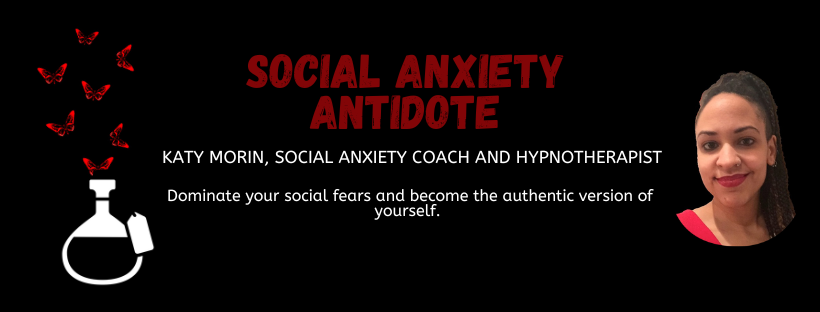Negative thoughts can be crippling, debilitating, and down-right awful, huh? The over-thinking, worrying, and self-doubt can send the best of people into a very dark place. Negative thoughts are untrustworthy and can fool you into thinking there’s a danger when there isn’t.
Controlling the negative thoughts in your head is essential for overcoming social anxiety. There are a number of ways that you can control negative thoughts.
Develop your vigilance
To curb your negative thoughts, you need to be aware of the exact moment they kick in. To do this, we observe our thoughts in order to identify scenarios and inner speeches that are unproductive, negative, or essentially ego-centered. Pay attention: your negative thoughts are with you everywhere.
A lot of people build impressions about themselves — often negative — and then live their whole lives within it. They build notions such as, “Oh, I am too dull; I can’t make anyone happy” or “I am too old, I cannot do this or that”. This causes a lot of worries when particular situations arise. The effect of projecting one impression onto others makes the situation worse. If you think that you are a bad conversationalist, for example, you don’t like to attend any parties.
Negative thoughts can also show up at work when the new kid with his outsized ambition or your colleague with his brand new dress makes you sweat. In short, try to realize each time they enter the scene, to make it a reflex, in a way.
From the first sentences jostling in your head, say stop! Immediately connect the thread of your thoughts to a concrete activity or the present moment. What should never be forgotten is that your attention cannot be focused on two things at the same time. If the mind is already busy, it can no longer ruminate.
So if you are chatting with someone and you find that you are not listening to them because your hamster is going around in circles in your head, immediately bring your attention back to what the person is saying. If you eat, focus on the flavors of the food. Or, do some activity that occupies your mind.
Deprived of attention, your hamster will no longer be able to monopolize your thoughts. Basically, it’s like physical training: the more you practice it, the more results you get. But never let your guard down. Because your hamster will restart its race as soon as it has the opportunity.
Concentrate on your breathing
Become aware of the path of the air that passes through your nostrils, swells your abdomen, rises, and then leaves your nostrils. While you are paying attention to your breathing, you are muzzling your hamster.
This exercise can be performed anywhere, anytime, and as often as you feel the need to. Also, try out relaxation and meditation activities. Imagine your harmful thoughts spinning like clouds in the sky.
Set yourself free
Racing negative thoughts mean, for most people, a tendency to dramatize things or to predict the worst. Maintain some distance from these types of thoughts. Analyze what is troubling you and how you are feeling. Turn your catastrophic thoughts into rational thoughts. Recognize that the situation is, after all, not so bad.
Suppose at a restaurant you sprinkle red wine on your clothing just before an important customer arrives. You panic: “What is he going to think? … I’m sure I’ll lose the contract!” An alternative is to say to yourself instead, “This is just a garment. I’ll explain my clumsiness to him. He will understand. Fortunately, my file is concrete. ”
So you instantly de-dramatize the situation, however unpleasant it may be. Your thoughts can no longer be threatening. If you always have negative thoughts in your head, it is often because you keep everything inside. Record your emotions so you can let go of your negative thoughts.
Thought Record
Developing a journaling habit helps your brain to function more efficiently. Studies have shown that the act of writing strengthens the learning process and stores facts and concepts more firmly in your memory. Writing helps to develop new neural pathways in your brain, connecting new information with data already stored in your memory.

